 Rabbi Mendy Litzman arrived in Sydney from New York 41/2 years ago. After studying here, he went to America to do his smicha. We in Sydney are fortunate that he then returned to marry his wife Dani, and they have made their home here.
Rabbi Mendy Litzman arrived in Sydney from New York 41/2 years ago. After studying here, he went to America to do his smicha. We in Sydney are fortunate that he then returned to marry his wife Dani, and they have made their home here.
A certified paramedic working with Hatzolah in America, Mendy often responded to medical emergencies around him, and he saw an urgent need for something more structured. He knew that Hatzolah would be the answer. Hatzolah is known as “Community first responders”, and is now an established medical emergency response service.
Besides teaching at Yeshiva Cheder Chabad, Mendy founded and is President of Hatzolah in Sydney. It takes a lot of his time, organising, raising funds and attending medical emergencies. In Melbourne, where Hatzolah has been active for 12 years, they average 6-7 calls a day. In Sydney, where it was started about one year ago, there are around 5-10 calls a week. The need for Hatzolah arises due to people hesitating to call an ambulance, but they will call Hatzolah at a far earlier stage. Holocaust survivors often have a problem calling an ambulance, and are more comfortable with the Hatzolah volunteers who are all religious Jews. Response times are usually faster than the ambulance service because there are 12 responders in a predefined area (the Eastern Suburbs). The average response time is 3-4 minutes.
There are two groups of volunteers working for Hatzolah. They are the responders and the dispatchers. The 12 responders (paramedics) are all trained by the ambulance service. They carry radios 24 hours a day, 7 days a week. 3 people respond to each call – 2 to treat the patient, and 1 to support the family. Every year they refresh their skills with the ambulance service for a full day.
There are trained dispatchers who answer the phone. They ask the caller appropriate questions, and tell the caller what to do until help arrives. The dispatcher also calls 000.
Hatzolah works so closely with the ambulance service that the ambulance records “Hatzolah on scene” on its screen. Every one of the 12 responders has about $15,000 worth of equipment, always kept in their car. Each vehicle has a Global Positioning System (GPS) to enable them to get to a specific address faster. Included in their equipment is: defibrillator, 2 way radio, oxygen resuscitating devices, suction equipment, airway management devices, cervical immobilisation collars, obstetric kits, eye wash and trauma gear. They wear Hatzolah jackets, reflector vests and ID when they respond to a call. After each emergency, reports are written and given to the ambulance service.
Hatzolah becomes involved in other areas besides just physical care, providing extra care when needed. They care for the children of patients when necessary, they search for people, generally helping however they can. The service is totally free, and took 2 years to start. Hatzolah responds to non-Jews as well as Jews. In most cases they arrive at an emergency before the ambulance.
Wolper is providing assistance to Hatzolah in the form of an emergency response vehicle. The vehicle will be driven 24/7 by a paramedic. It will be taken to events where Hatzolah will be on duty. It will be able to carry additional equipment, such as extra first aid gear, oxygen, radios, and chargers for batteries, enabling Hatzolah to handle more extensive emergencies. The support vehicle will also be utilized as a Command Centre. In the future a disaster trailer will be added.
Wolper is proud to be associated with such a worthwhile enterprise, and our community should be proud of Rabbi Mendy Litzman, whose foresight and drive enabled it to happen.
To call Hatzolah, phone 9371 2222.
(Article submitted by Sidney Hatzolah – and appeared in the Wolper Report)

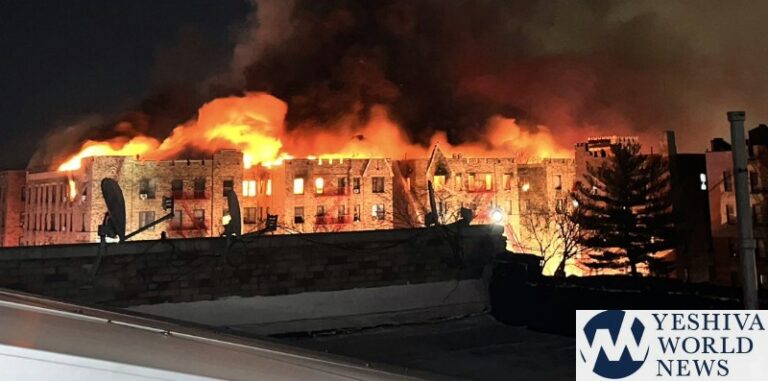
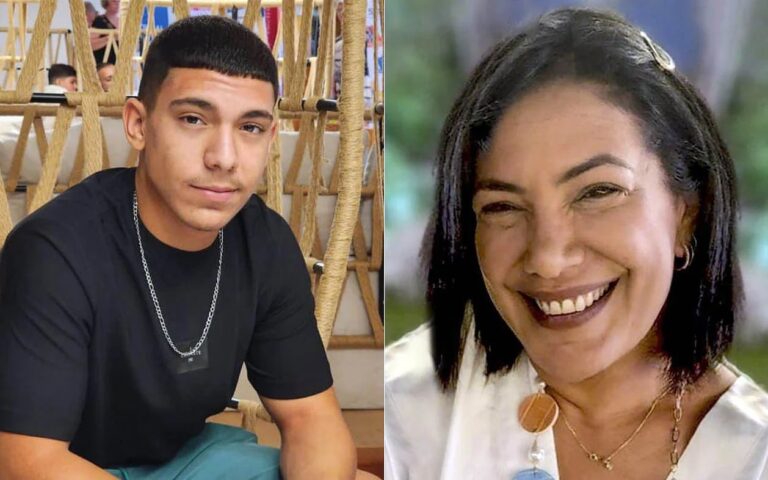
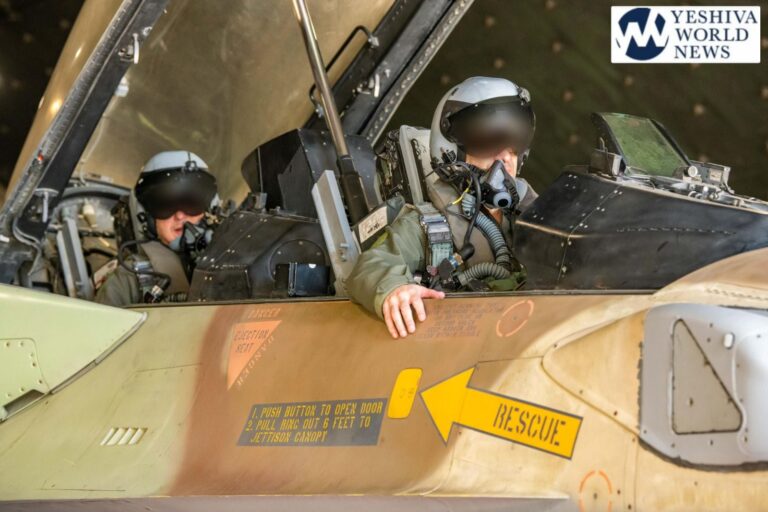
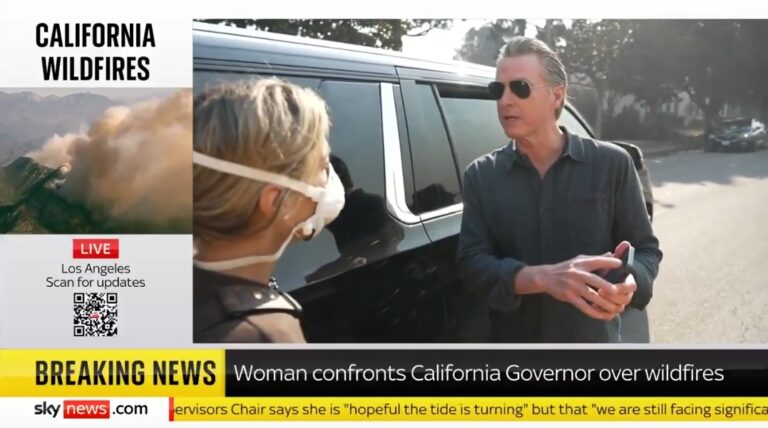


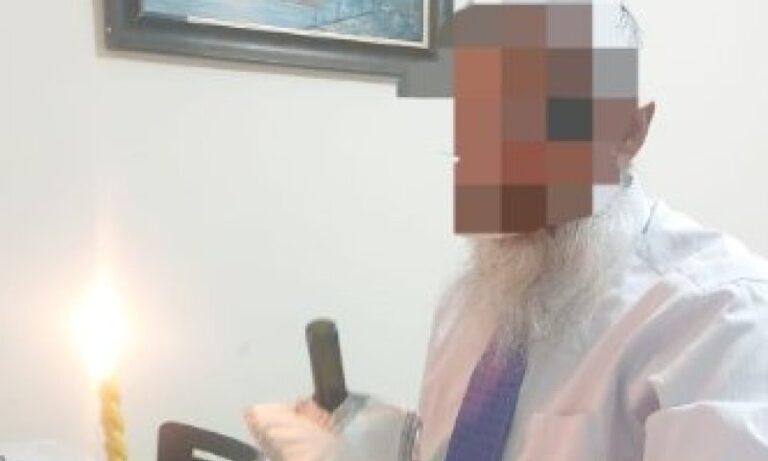
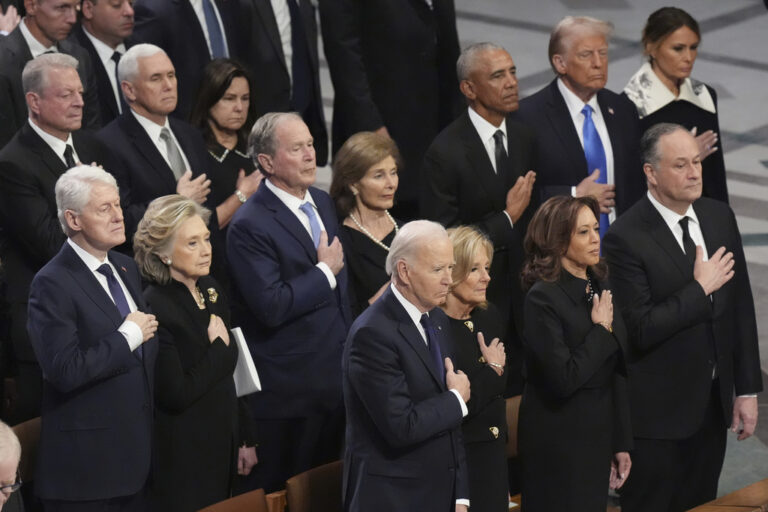
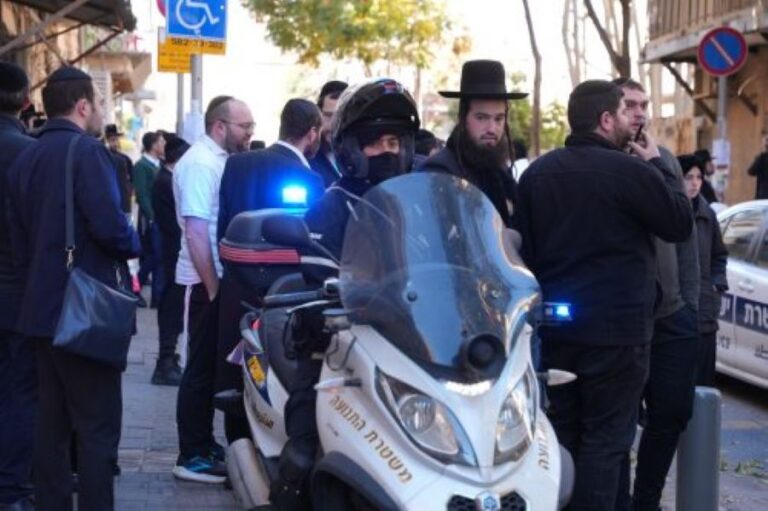
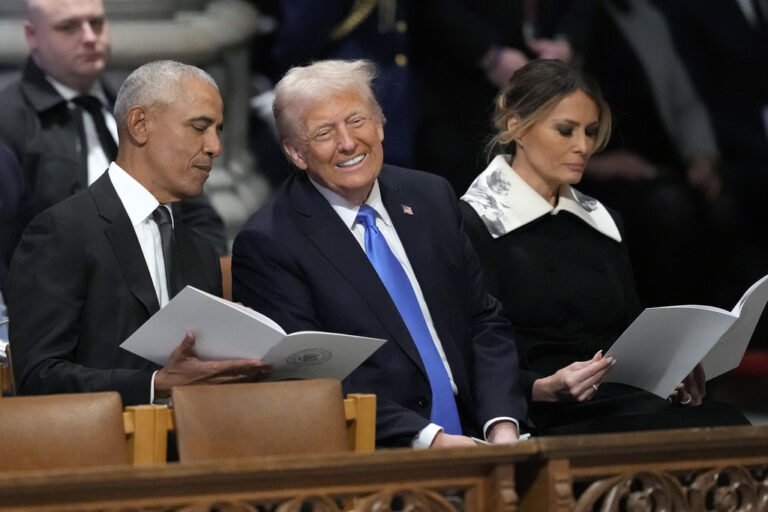
One Response
Isint this Litzman from the shoe store in Monsey??